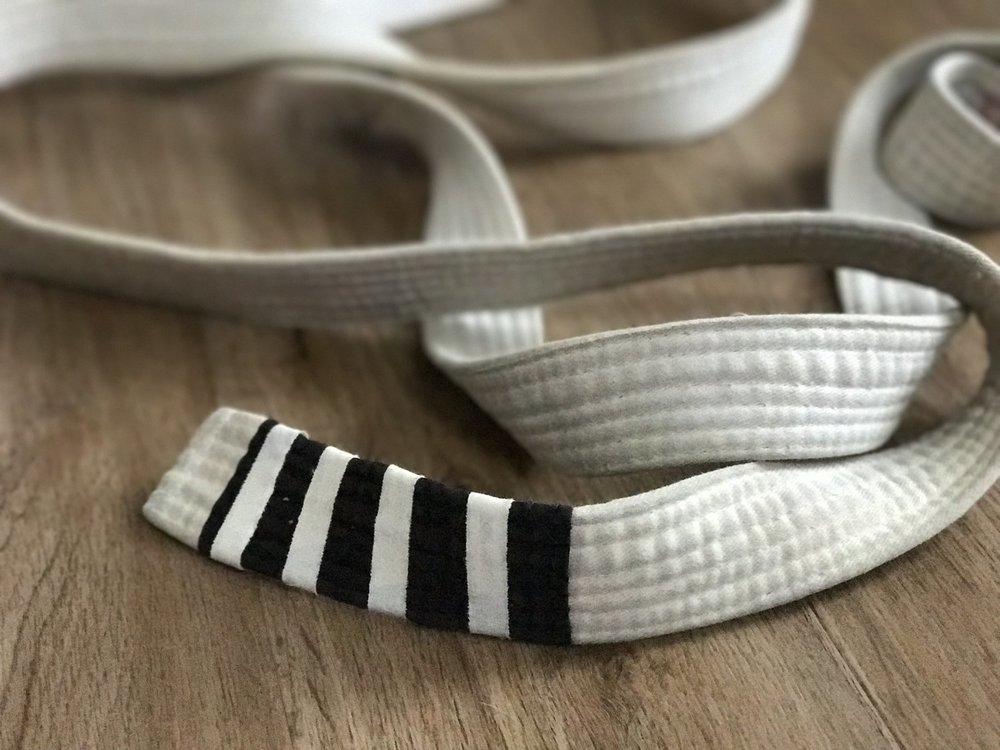
From white to black belt, we all share a common goal on the mats – to improve at Jiu-Jitsu. Here are a few little pointers we think will help you to get the most out of your training.
The first thing we would recommend, before you even step on the mats, is to get your mindset right. Switch your thought process from training with the goal to win into training with the goal to learn. Your game will improve by leaps and bounds. Unless you are a human behemoth, the first 6 months of being a white belt is purely survival. This is the perfect opportunity to leave your ego at the door and work on fundamental skills like defense, proper breathing and strength efficiency.
Secondly, start rolling with your instructor. It might seem scary – they’re confident, skilled and will be able to see your next move before it’s even a thought in your brain but don’t be afraid, they are there to help you. Rolling with your coach is an awesome way for them to track your progress and tell you what you need to work on. Consider your coach to be like a human encyclopedia of Jiu-Jitsu. They have been training for so long they have encountered most problems you are likely dealing with. If you’re having trouble with attacking from the mount position – ask them for help. If you can’t pass anyone’s guard – google ‘why do I suck at jiu-jitsu’. KIDDING – ask your instructor. Sometimes what is being taught in class doesn’t line up with the issues you face when rolling and that’s totally ok. Just remember you’re instructors (and your team mates) are there to help.
Be proactive in class. If you can’t see the technique being shown in class – move so you can see. Don’t just get comfortable. There is a clear difference between the progression of proactive students vs complacent students. As someone very wise once said, you gotta get comfortable with being uncomfortable – there is no growth in the comfort zone.
This one is not just for white belts – it applies to all belt ranks – you should try and volunteer for your coach and help out around the club from time to time. There are many different ways and areas in which you could help, maybe you’ve never considered it or maybe you’ve never know how to ask? Volunteering is not only a nice way to pay homage to your coach and your training environment, but it also builds on your relationship with your coach and your team mates. Some examples of volunteering include wiping down the mats, assisting them demonstrate techniques and helping clean up around the gym. It may even eventually lead to becoming an assistant coach! Have a chat with your instructor when you’re on the mats next if you are keen to help out.
And lastly, the very best piece of advice for white belts wanting to see skill progression is simply this, just show up. Train hard and train often. It can feel overwhelming and it can feel as though you are not improving, but understand it takes time and it takes commitment to see results. All you need to do is make sure you get your butt on the mat as often as possible and just trust the process and we promise you will see improvement and progression before you know it.
